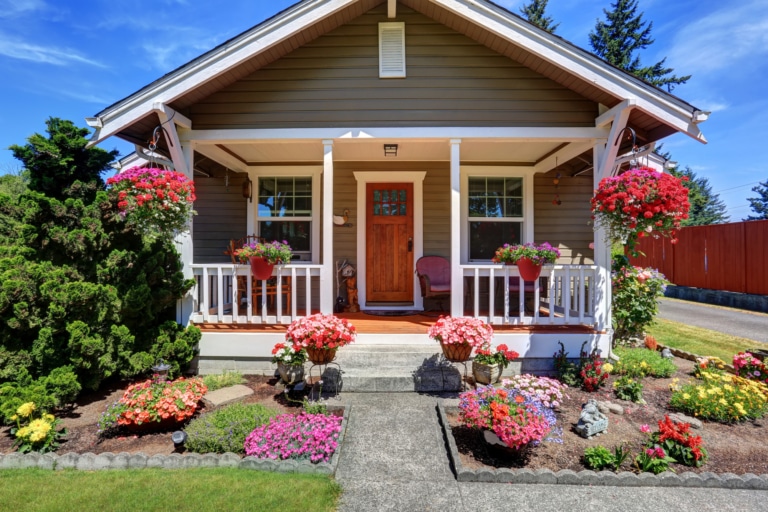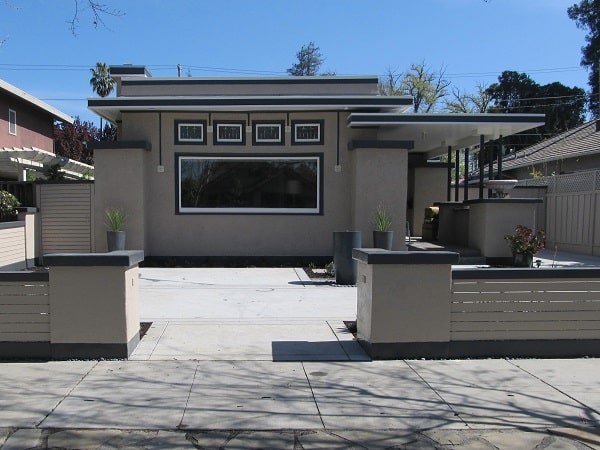Affordable Housing Crunch in the Bay Area: The Solution May Be in Your Backyard
High tech companies in the Bay Area need housing—so do millions of other people.
The Bay Area has been bursting at the seams with people who need housing for years, and the situation is only getting worse. The current housing shortage, paired with disinvestment in affordable housing, means families with children, seniors, teachers, people with disabilities and many others struggle to keep roofs over their heads. Waiting lists for affordable housing can stretch on for years.
And with high tech companies like Google planning to drastically expand in the Bay Area, the clamps on available housing in the Bay Area will only get tighter. Yet one viable solution to California’s unrelenting housing crisis may just be no farther away than your backyard.
Urban planners are coming together to promote policies to encourage homeowners in hot housing markets like San Francisco, Silicon Valley and Los Angeles to build cottages— “granny flats” or “in-law suites” on their properties.
Officially called “accessory dwelling units” (ADUs), these secondary housing units, built on the same lot as the primary home, provide all the comforts of home, but with a smaller footprint. Typically, they take the form of garage studios or backyard cottages. They provide a comfortable, functional living space for everyone from elderly relatives to college-age renters.
Until recently, California cities were less welcoming to ADUs than other west coast cities dealing with housing crunches of their own like Seattle and Portland. Many California homeowners found the extra red tape too costly and burdensome—but that’s quickly changing.
In January, new California legislation eliminated some of the worst of this red tape by getting rid of certain utility connection fees and off-street parking requirements for new accessory dwelling units. Since then, building ADUs as an affordable housing solution has become easier and less expensive.
This is an excellent development for the Bay Area because ADUs have many benefits for families and communities…
First, ADUs can be built affordably and reduce housing costs for both the primary property owner and the tenant, which prevents the displacement of both. ADUs can provide affordable housing for people in many situations: extended family, senior living, college students, etc. They can also provide rental income for the homeowner.
ADUs can also be built in just about every neighborhood, in such a way as to fit the character and style of the neighborhood. They are also one of the most sustainable housing options with a minimal climate impact. Moreover, they help cities more equitably distribute the impact of development on a community.
The data suggests that demand for ADUs among California homeowners is on the rise too. A recent survey of Bay Area homeowners showed that nearly a quarter of them were considering adding an ADU to their property. If they all did this, an equivalent of 400,000 new housing options would become available according to the authors of the survey.
“Once people get comfortable with the concept, we should start to see these balloon across the state,” said ADU design-build contractor, Stanley Acton. “And we’re ready to not only guide homeowners through the regulations and permit process but design and build a unit that is just right for them.”
If the idea of an ADU on your property has piqued your interest, you can find out more about different types of ADUs, building codes, regulations and zoning ordinances—as well as design options by contacting Acton ADU. Our specialists can help you decide if an ADU is feasible on your property, guide you on where to build and help you choose a design plan that works great on your property and for your purposes. We can show you our collection of ADU plans and projects, answer your questions and help you deal with any city and county permitting issues before starting the project.
Contact Acton ADU today and become part of the solution to California’s housing crisis while improving your property and community.







